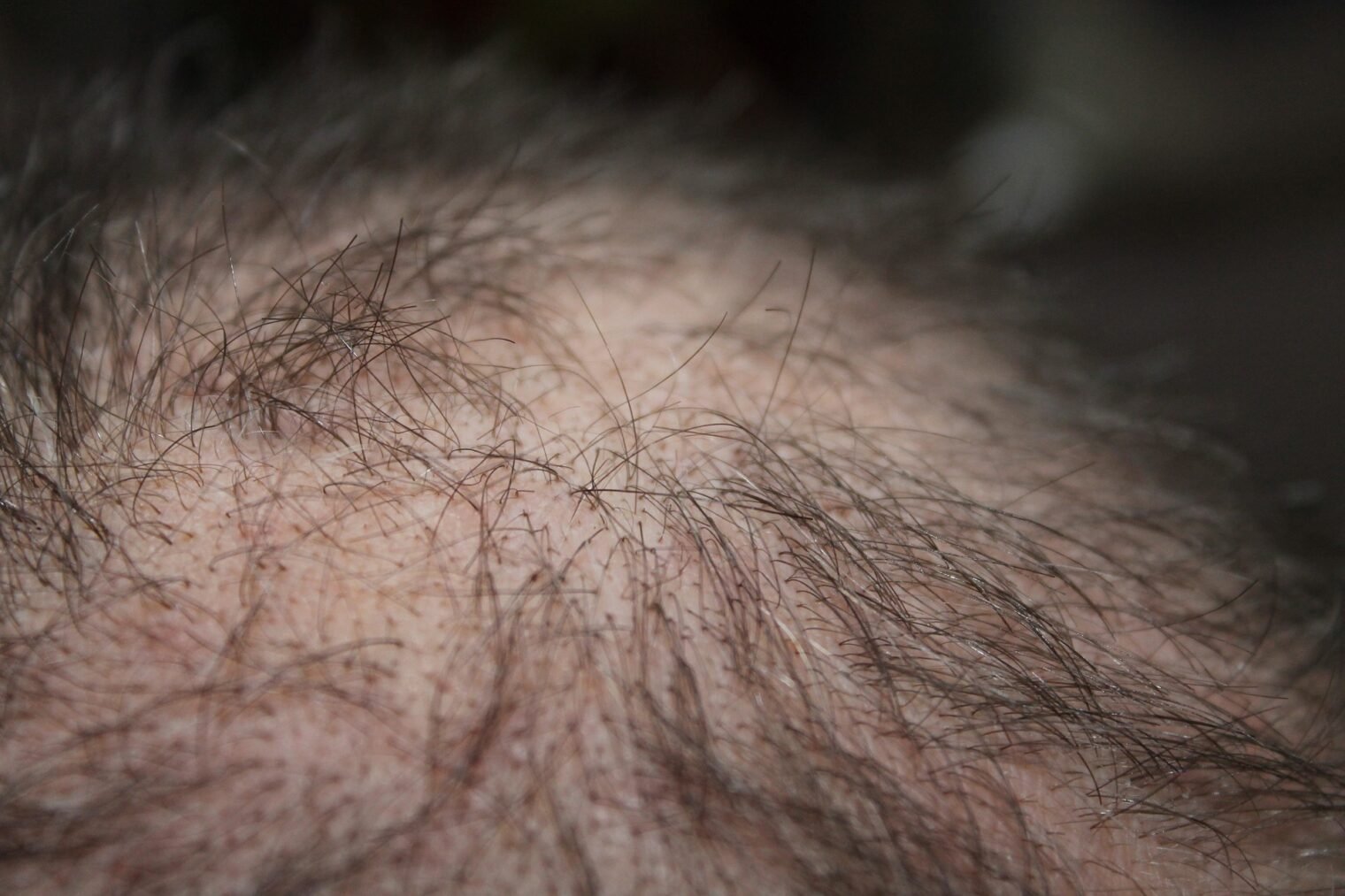Peyronie’s disease is a relatively rare but distressing condition that affects the penis, causing it to curve abnormally during an erection. Named after François Gigot de la Peyronie, a French surgeon who first described the condition in 1743, Peyronie’s disease can have a significant impact on a man’s self-esteem, sexual function, and overall quality of life. In this article, we will explore the causes, symptoms, diagnostic methods, and available treatment options for Peyronie’s disease.
The exact cause of Peyronie’s disease remains unknown. However, several factors are believed to contribute to its development. One common theory suggests that the disease occurs due to the formation of plaque, which is fibrous scar tissue, within the penile tissue. This plaque can lead to the curvature and deformity associated with Peyronie’s disease. Trauma or injury to the penis, such as during sexual activity or medical procedures, is thought to be a triggering factor. Additionally, genetic predisposition, certain connective tissue disorders, and inflammation may also play a role.
The primary symptom of Peyronie’s disease is the development of a curved or bent penis during an erection. The curvature can vary in severity, ranging from a slight bend to a more pronounced deformity that can make sexual intercourse difficult or painful. Other symptoms may include lumps or hard plaques beneath the skin of the penis, pain or tenderness during an erection, and erectile dysfunction. The psychological impact of Peyronie’s disease should not be overlooked, as it can lead to anxiety, depression, and a loss of self-confidence.
If you suspect you have Peyronie’s disease, it is important to seek medical advice. A healthcare professional specializing in urology or sexual medicine will perform a physical examination and discuss your medical history. They may also inquire about any trauma or injury to the penis. Additional diagnostic tests, such as ultrasound imaging, may be used to evaluate the extent of the curvature and the presence of plaque.
After a recent PRP workshop at the He Clinic with Dr. Sebastian Beley (highly experienced urologist), sponsored by Regen Labs, we can now offer this new treatment to those affected by the disease.
With no noted adverse effects for patients that received these injections and 7.1% of the general male population having Peyronie’s disease, and with the use of intralesional collagenase (Xiapex) injection being the only FDA-approved will no longer be in the market, we believe this is a significant step forward in helping treat those suffering with the disease.
As calcified scar plaques are frequently identified in Peyronie’s disease patients, autologous PRP with hyaluronic acid is a viable treatment for patients. The treatment will take approx. one hour, and we charge 19,900 baht for this procedure and are now making appointments for a free consultation with our doctors.
Peyronie’s disease is a challenging
Peyronie’s disease is a challenging condition that can significantly affect a man’s physical and emotional well-being. Although there is no definitive cure, various treatment options are available to manage the symptoms and improve quality of life. If you suspect you have Peyronie’s disease, it is crucial to seek medical advice from a healthcare professional specializing in urology or sexual medicine. They can provide an accurate diagnosis and recommend appropriate treatment options based on your specific situation. Remember, early intervention and timely management can help minimize the impact of Peyronie’s disease and restore confidence and sexual function.
Early birds treatment gets 10% off from 19,900 baht to 18,000 baht
Recommend injection once a month for at least four times.
Course four sessions 60,000 baht
Don’t forget to follow us on social media for more info!
Facebook: He Clinic
Instagram: heclinicfor_men
Twitter: @heclinicformen
HE CLINIC Fifty-Fifth Thonglor, 2nd Fl. Thonglor Soi 2, Sukhumvit, Bangkok, Thailand 10110
Tel: +66 (0)82 5888 647 (ENG) +66 (0)2 381 5155 (TH) E-mail: info@heclinics.com















